What are Some Common Disputes in Commercial Construction?
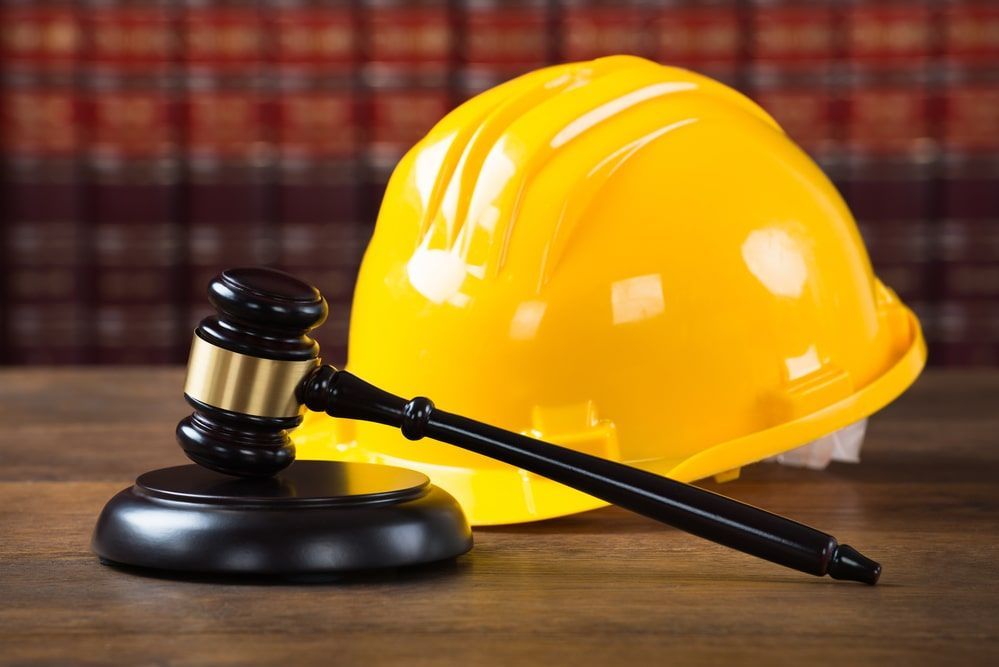
When a commercial construction contract is signed, everybody hopes that the project will be completed as planned — on time and within budget. But the inherent complexities in construction projects mean that few proceed without some hiccups — and, in the worst cases, full-blown disputes arise.
Contractors, subcontractors, material suppliers, developers and property owners often have conflicting interests so it’s not too surprising that issues between them arise.
But what are the most common disputes in commercial construction ? What causes the disagreements, stoppages and missed deadlines that can be so damaging to these projects?
Main causes of Florida construction disputes
The most common causes of construction disputes in Florida are:
Sometimes, commercial construction projects are destined to fail from the start because of inadequate planning and design and a poorly defined scope of work.
Unless everyone involved in the project is working to the same plan and is clear on their duties and responsibilities, problems are almost inevitable. Make sure that all documentation is complete before the project starts and include a provision in the contract so that everyone understands what to do if unforeseen events occur.
A host of factors can create delays in a construction project: some factors like bad weather, the unavailability of materials or delays with zoning/building permit applications may be beyond your control while others like slow, subpar or faulty work by contractors and subcontractors may be avoidable.
A contract with a delays provision can help avoid misunderstandings by clearly detailing the procedures through which contractors can claim time extensions and/or damages for events over which they have no control. This may require some negotiation about terms before the parties agree on the provision.
Not surprisingly, if the construction work is not performed to standard or is faulty, disputes will arise.
Such mistakes are very costly (not to mention possibly unsafe) for all concerned and may end up in litigation if negligent contractors and subcontractors are to blame.
Sometimes, however, the claims of sub-standard work are through no fault of the contractor or subcontractor and are, instead, due to the unreasonable expectations of the developer, owner, architect or engineer. If the contractors have largely complied with their contractual duties, this can lead to an unnecessary dispute.
Problems in large construction projects are almost certain to arise. Regular inspections can resolve issues promptly before they escalate.
Failure to schedule these inspections often enough can cause you to miss something that worsens over time and leads to a full-blown contract dispute.
You can’t anticipate every potential problem that will arise in a major commercial construction project but your contract should be specific and include the right provisions to address most of the common issues.
Some of the main provisions that, if missed, can cause disputes are the following:
- A provision that defines the credit relationship between the builder/contractor and the owner/developer.
- A provision that details how the builder or contractor will be paid.
- A provision that outlines a process for the submission of claims for additional money or performance time.
- A process for the resolution of disputed claims: the requirement for mediation with an independent third party before arbitration or litigation.
- The provision for project changes and change orders, detailing how changes made by the developer or architect to the plans of the building will be handled.
- An indemnification provision that details the responsibility each party has for third-party judgments or liabilities.
Exculpatory clauses in construction contracts
Exculpatory clauses in construction contracts limit or waive one or more party’s liability.
If correctly drafted, an exculpatory clause can be a useful way to reduce risk and prevent legal disputes but, depending on the actions that they are intended to cover, such clauses may not always be enforceable.
For instance, one exculpatory clause used by many contractors disclaims liability for certain negligent actions. Often, this type of clause is used when the risks involved in undertaking a project are particularly high when compared with the potential benefits — and the developer or project owner might agree to the clause because few other options are available.
As mentioned, however, this does not guarantee that legal action won’t be taken — and the Florida courts may become involved if gross negligence results from the work.
Enforceable and unenforceable exculpatory clauses in construction contracts
To consider whether an exculpatory clause is enforceable, the court will apply a three-point test:
- Does the clause clearly and unequivocally express the parties’ intention to limit or waive liability?
- Does the clause still serve as a deterrent for a party’s negligence?
- Do the contracting parties have equal bargaining power?
If the answer is “yes” to each of these questions, the clause may be enforceable. But if one party fraudulently induces the other party into signing the contract, the entire agreement will be null and void.
For some types of misconduct, an exculpatory clause will not be accepted by the Florida courts. This includes:
- Intentional torts
- Fraud
- Breach of statutory duties
- Violations of public policy
- Gross negligence
- Withholding of critical information
- Misrepresentations
If a party tries to disclaim all liability for failing to perform the contract, the contract itself might not be accepted as lawful and both it and the exculpatory clause deemed unenforceable.
So, for instance, errors and omissions clauses (among the most common types of exculpatory clauses used in construction contracts) will only be enforceable with ordinary negligence and will not absolve a party of liability for gross negligence or intentional acts (which might violate public safety).
At Bennett Legal Group in Orlando, we aim to prevent legal issues and disputes from escalating into lengthy and costly lawsuits. Independent counsel can help you negotiate agreeable contract terms to manage your risk, prevent disputes and reduce the likelihood of litigation.
Call us today at 407-734-4559 to arrange a consultation or complete a short form and let us know the nature of your issue.
The post What are Some Common Disputes in Commercial Construction? appeared first on Bennett Legal Group, P.A..


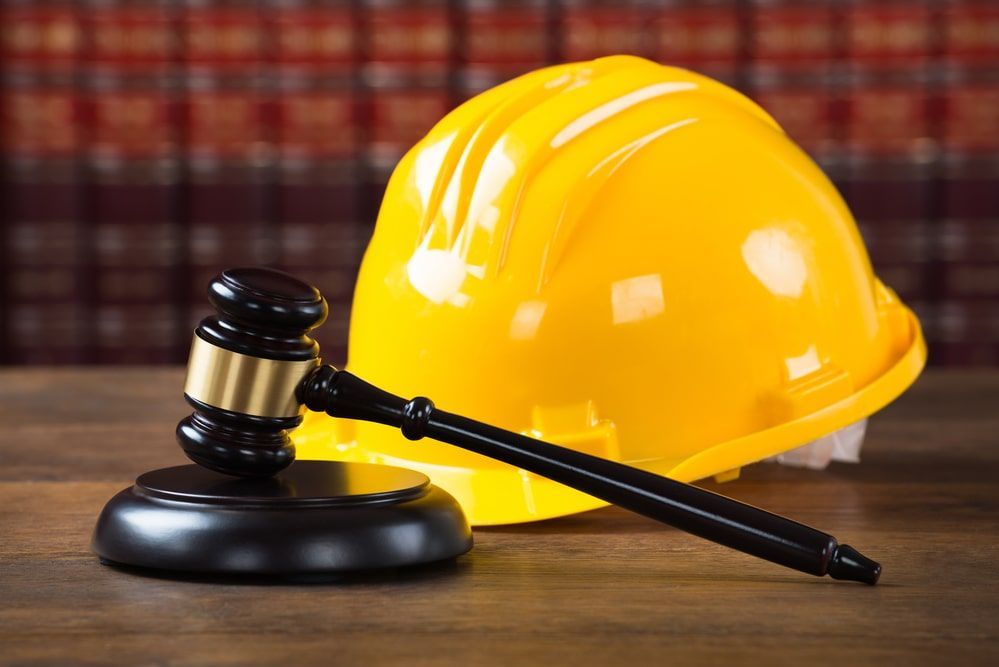
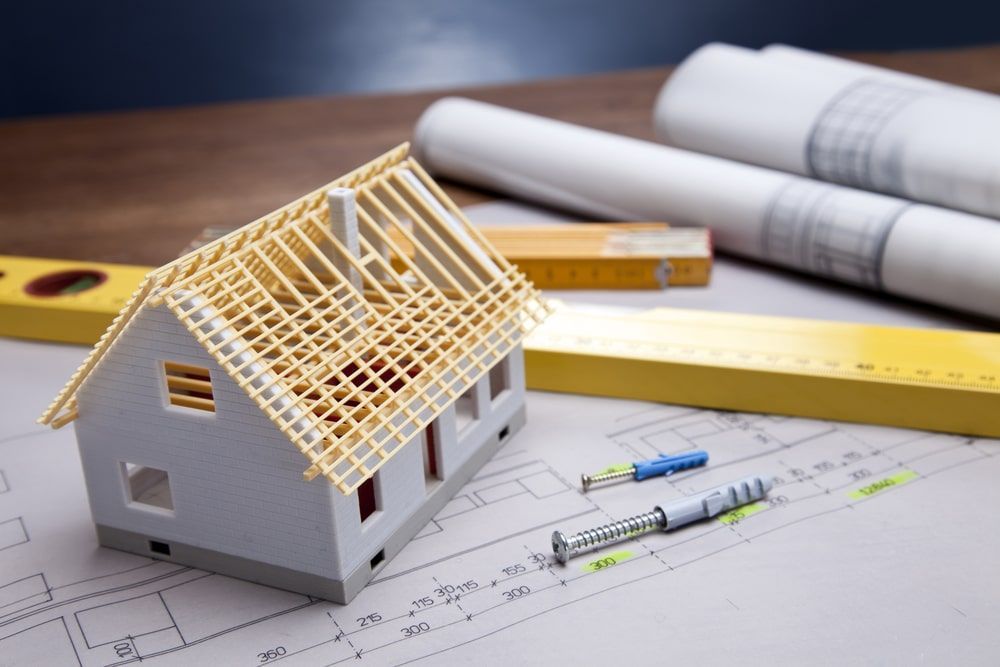

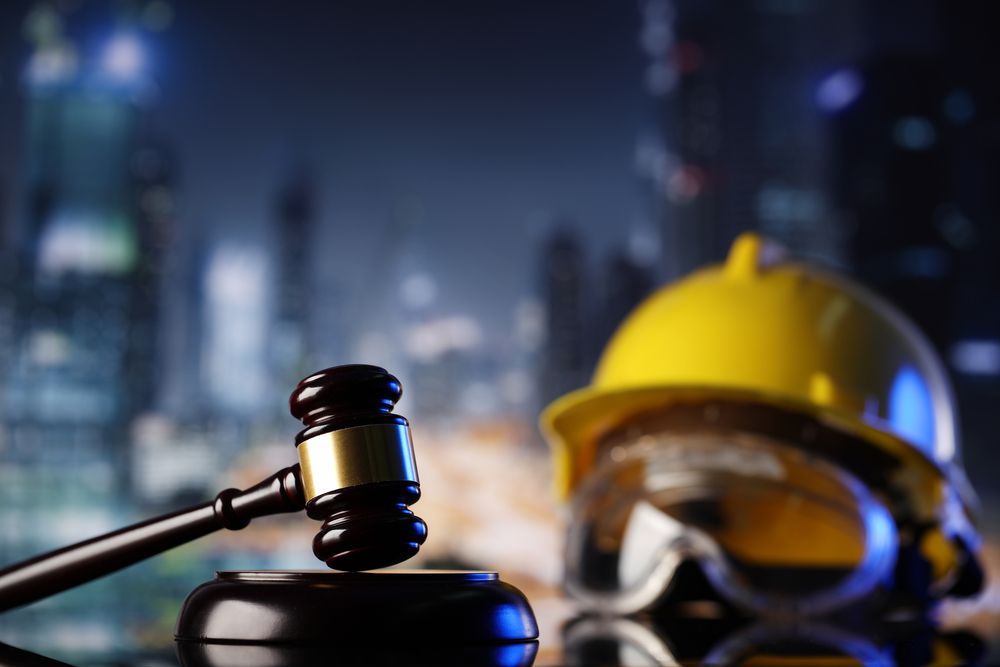
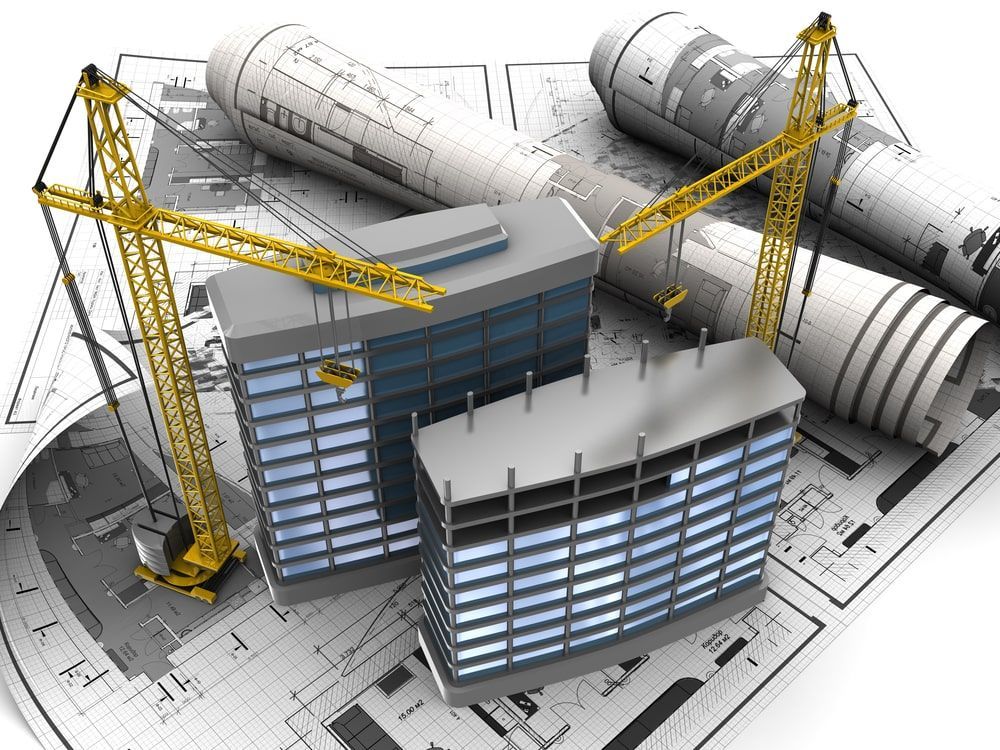


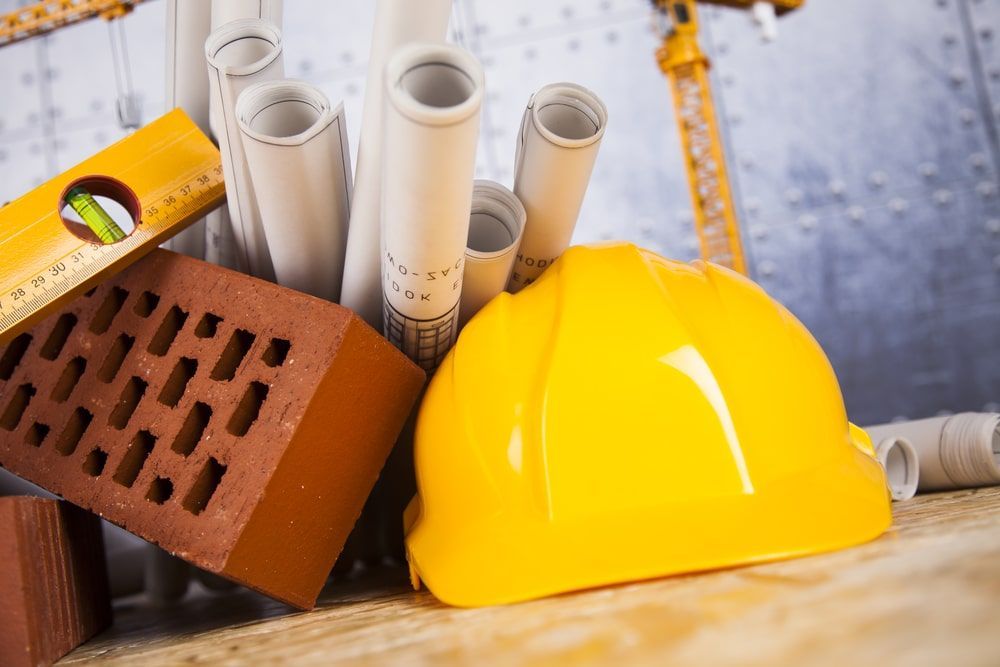
Contact Us
We will get back to you as soon as possible.
Please try again later.

